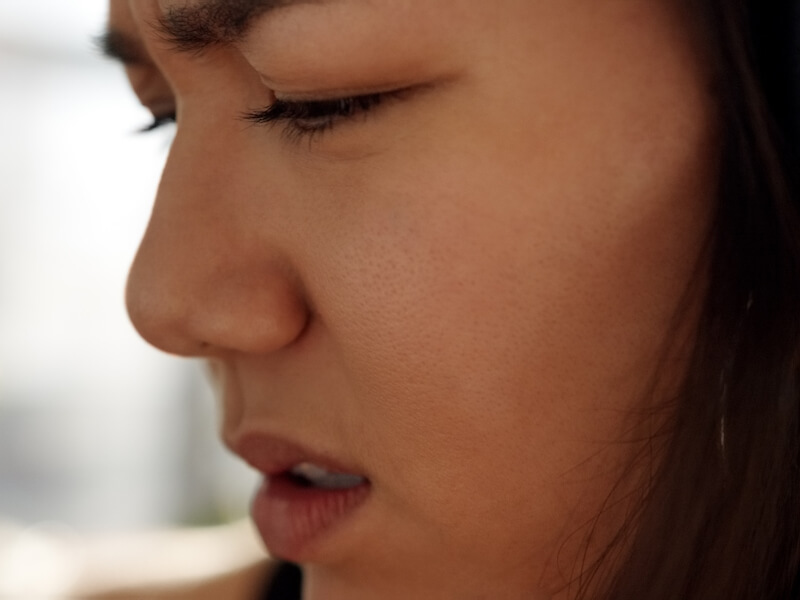
It’s common knowledge that stress, especially for extended amounts of time, can be extremely hazardous for your body. When you are afflicted by acute stress, everything from headaches to extreme muscle aches can be the result. But tinnitus, a clicking, buzzing, or ringing in the ears can also be the outcome.
Stress isn’t the only thing that can cause tinnitus, it can also be brought about by a sinus infection, loud noises, and other variables. Let’s have a look at some potential causes.
Unhealthy Stress – How to Identify it
You might be asking yourself how stress contributes to tinnitus. It’s often easy to take for granted how extreme the medical impact of stress can be on our bodies. Stress is not something you should disregard.
Healthy Stress
Temporary stress can actually be a really motivating factor with regards to completing duties. Stress can supply a boost of energy and adrenalin to complete tasks and projects that really need to get done.
There is a difference, however, between healthy, temporary stress and unhealthy, harmful stress. The ability to complete goals can be helped by healthy stress while unhealthy stress can physically harm you.
Unhealthy Stress
Unhealthy stress is a consequence of the fear of something that, generally, never in fact happens. When a person remains in a heightened state of anxiety, the outcome is often unhealthy stress.
In hazardous conditions, the fight or flight response is a natural reaction but it also relates to unhealthy stress. Harmful physical symptoms occur when someone stays in a hyper-stressful situation for extended periods.
Worrying
Worrying is an extremely universal cause of unhealthy stress. We might exaggerate the significance of a situation or a relationship with other people. We may have ourselves convinced that we did or said something to ruin our chances at a promotion. Excessive worrying can produce invasive, seemingly unmanageable thoughts.
Invasive Thoughts And Unhealthy Stress
We might worry about what we didn’t get completed today and worry over what we have to get done tomorrow. We might obsess, talk to ourselves, or even panic. Inevitably, our unhealthy stress wears on our bodies unless we do something to curb these thoughts.
Pain and muscle tension on the upper body are typical effects of unhealthy stress. The shoulders, neck, head, and jaw are areas that can be affected.
Jaw Tension And Anger
Have you ever read a book where the writer talks about a character as being so angry his jaw clenched in rage? Stress, anger, worry, and intrusive thoughts commonly come with jaw tension.
Pressure can be put on the fragile bones of the eardrum and inner ear by sustained tension. Eventually, this strain can lead to ringing in your ears.
Sinus Infections And Ear Strain
Sinus infections bring many undesirable symptoms, from a soar throat to a stuffy nose.
Sinus pressure, headaches, and pressure in the ears are common symptoms of a sinus infection. These problems can trigger buzzing, clicking, or ringing in the ears.
During a sinus infection, your nasal congestion frequently spreads to your ears. Blockage in the ears and severe pressure on the eardrum will build up because of the excessive earwax this produces. And with this comes ringing in the ears.
You might not need to visit a hearing professional if the ringing is being caused by a sinus infection, as the symptoms may clear up on their own. If the ringing persists for more than a few days, however, you should make an appointment with a hearing professional.
Extended Exposure to Loud Noises
Long-term ringing in the ears will most likely not happen as a result of the occasional concert. However, you may be putting stress on the fragile parts of your ear if you regularly expose yourself to extremely loud sound.
When you expose your ears to intense noises on a regular basis, your eardrums and the bones of the inner ears are put under a great deal of strain, which can result in buzzing, ringing, or clicking.
Above and beyond ringing in the ears, temporary or even lasting hearing loss can be the outcome of continued exposure to loud sounds. Listening to music at a reasonable volume and wearing ear protection when necessary is crucial for hearing health.
Safeguarding Your Hearing
Tinnitus is not something you should neglect whichever one of these is the cause. It’s best to have your ears tested by a hearing specialist regularly. If you suspect the ringing in your ears has a significant underlying medical cause, you should have them examined for your peace of mind.
